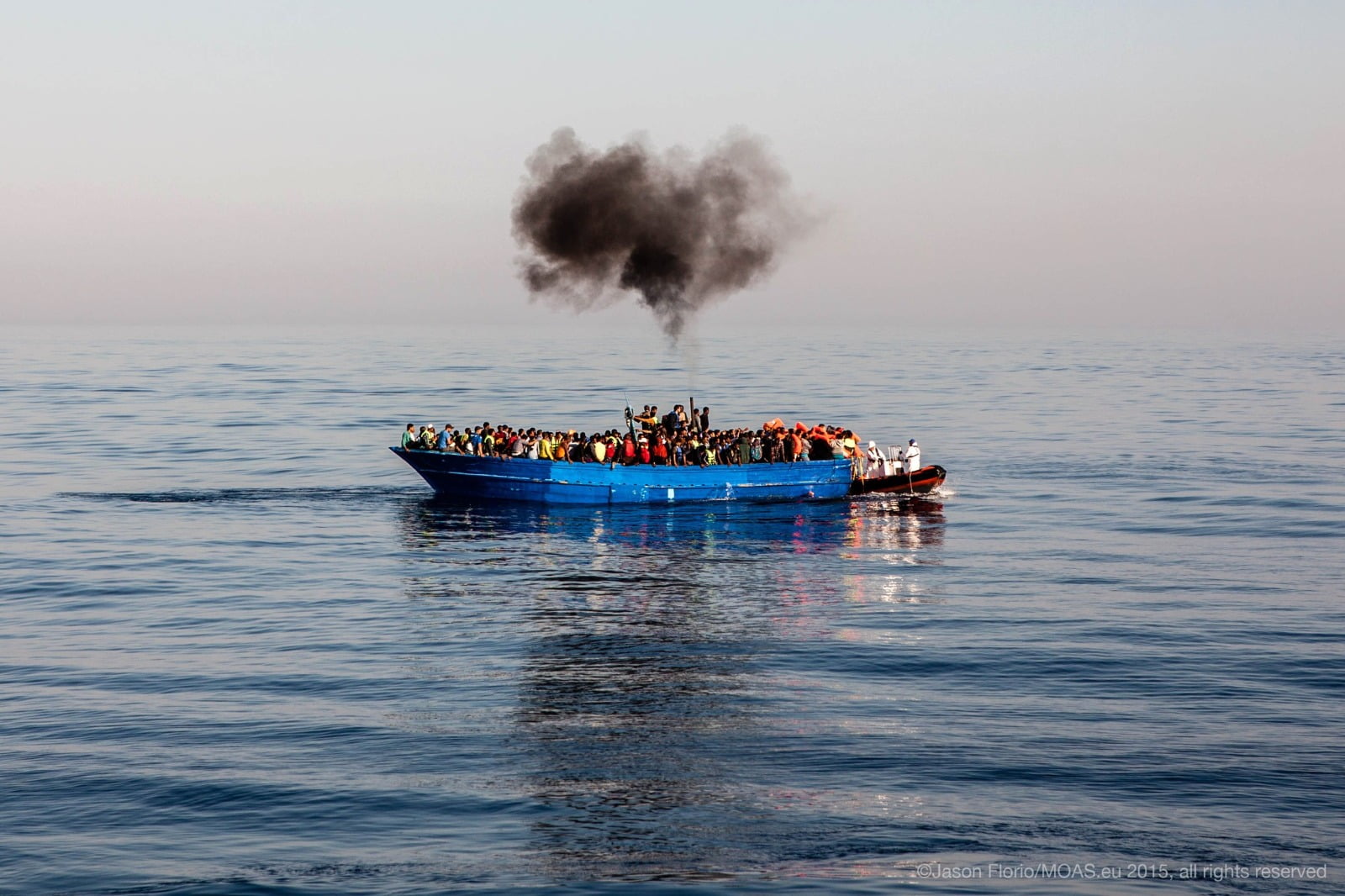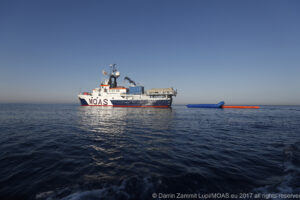
On the 20 June, in remembrance of the UN Refugee Convention’s anniversary, we will be celebrating World Refugee Day. On this day it is crucial to point out how important is to guarantee the right to protection for each person fleeing from conflict, persecution, violence, and the consequences of climate change.
On this day, we should sadly also recognize that these rights, granted by the UN Convention, are in reality not always applied. This is further substantiated by figures from The Global Trends Report by the UNHCR, where it states that there are 108.4 million people in the world forced to flee from their homes, families, and countries, in the pursuit of safety. Above all, the tragic events that are continuing to spread death within the Mediterranean Sea within the last decade, are a constant reminder of the importance of the right to be protected.
The latest in this series of tragic episodes is the dramatic shipwreck in Pylos, in the South Peloponnese, which took place last week. After days of search and rescue activities, we are still unaware of the full extent of the loss of life incurred in relation to the 600 persons onboard. These lost souls are another 600 lives swallowed by the Mediterranean, under the apathy of anyone that should and could have done something and yet did not. Survivors, volunteers, and doctors have counted about 100 children in the ship’s cargo hold, some of which lost their lives even before the shipwreck within the arms of their mothers, after five days of navigating at sea. This is, in essence, is a tragedy within a tragedy.
Once again, justice has not been served. The reported version of events differ from one account to another with no single entity wanting to take responsibility for these events; this is history repeating itself, echoing the response to the Cutro shipwreck and all the previous episodes. The Greek coast guard affirms that migrants refused their assistance declaring they wanted to continue navigating to the Italian cost; meanwhile, other organizations state that the Greeks were aware of the presence of the overcrowded and inadequate ship, but they did not initiate a rescue operation.
The indifference of the European frontier states in saving human lives, in danger and at sea is shocking No matter the citizenship of the persons on board or their reasons for fleeing, irrespective of whether they were forced to make this journey or not, nobody deserves to die at sea. The response here is in stark contrast with the promptness and the massive operational force employed in saving Turkey’s merchant ship the ‘Galata Seaways’ miles from the Italian coast. On the 9th of June one of the biggest and most complex operations was mobilized by the Italian Special Forces to storm the ship. The alarm was launched because of the presence of circa 15 migrants, two of which malnourished children, hidden in a track on board of the Turkish cargo vessel, desperately seeking safety.
However, it would seem that the same thing would not have happened had the ship been occupied by hundreds of children, women, and men risking all to better their lives.
For this reason, on the occasion of World Refugee Day, we cannot pretend that such facts did not happen, we simply cannot afford to leave people in the middle of the sea. We must at least put in the effort to recover the bodies and give these victims the respect of a proper burial, these people – which we did not manage to save – are now trapped in the hold of a ship, sunk and at the bottom of the Aegean Sea. This vessel should not serve as their coffin, they deserve better.
International agreements such as the one reached on the 8 of June – outlining a new pact on migration and asylum, launched by the European commission – cannot be the only solution to manage and control this migration phenomenon. It is necessary that Frontex assets would not be limited to monitoring operations, it is essential that the European Union takes the responsibility to start offering search and rescue missions coordinated between states.
We must start to develop entry modalities for those applying for international protection, providing safe alternatives so that no one is forced to reach our shores dangerously while ensuring that the fundamental rights enshrined in international declarations are recognized and upheld.
Until this is done, Europe will continue to be a witness to these tragedies, for not actively exercising search and rescue operations at sea and for not facilitating safe and legal entry channels that could have saved thousands of lives over the past decade.


